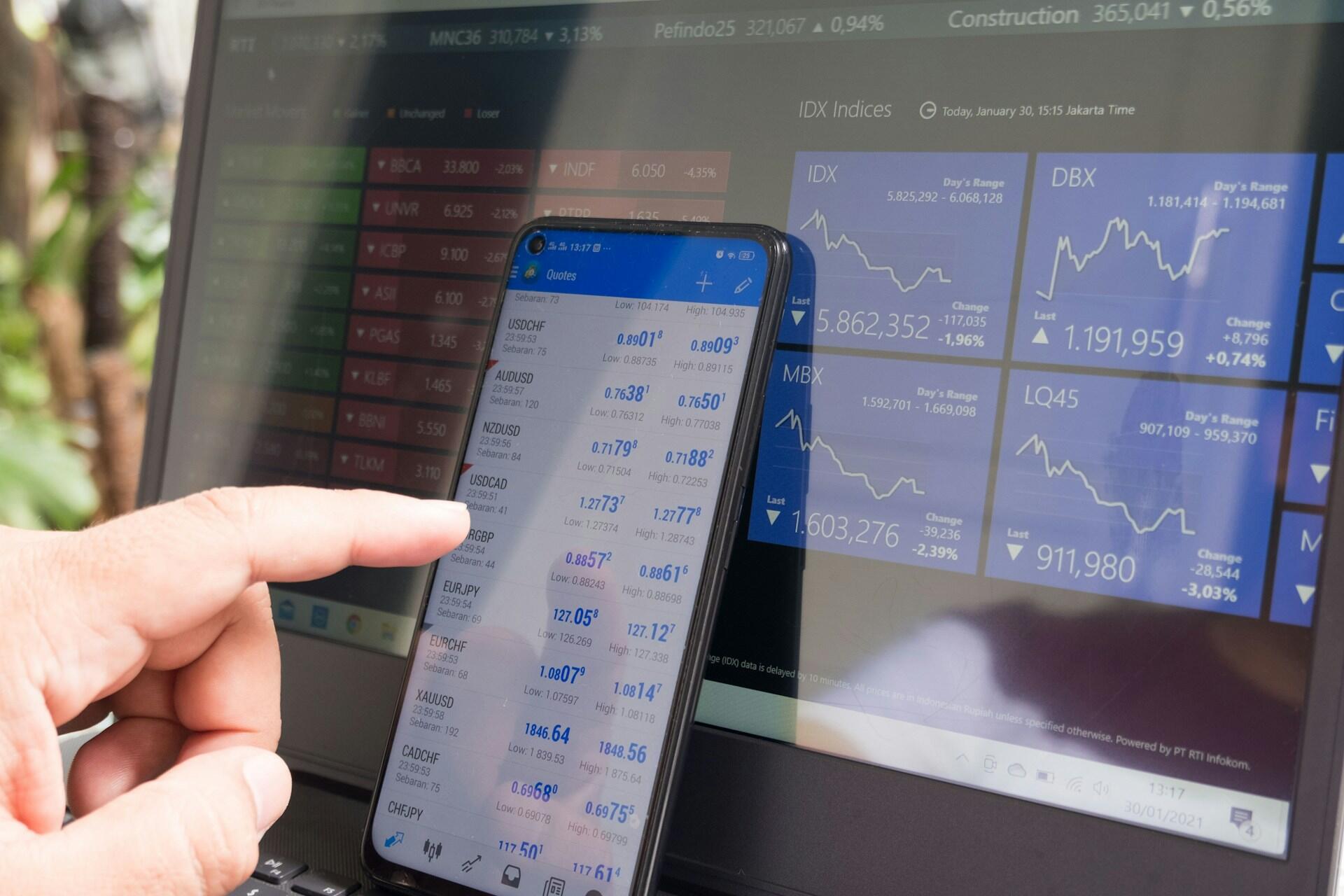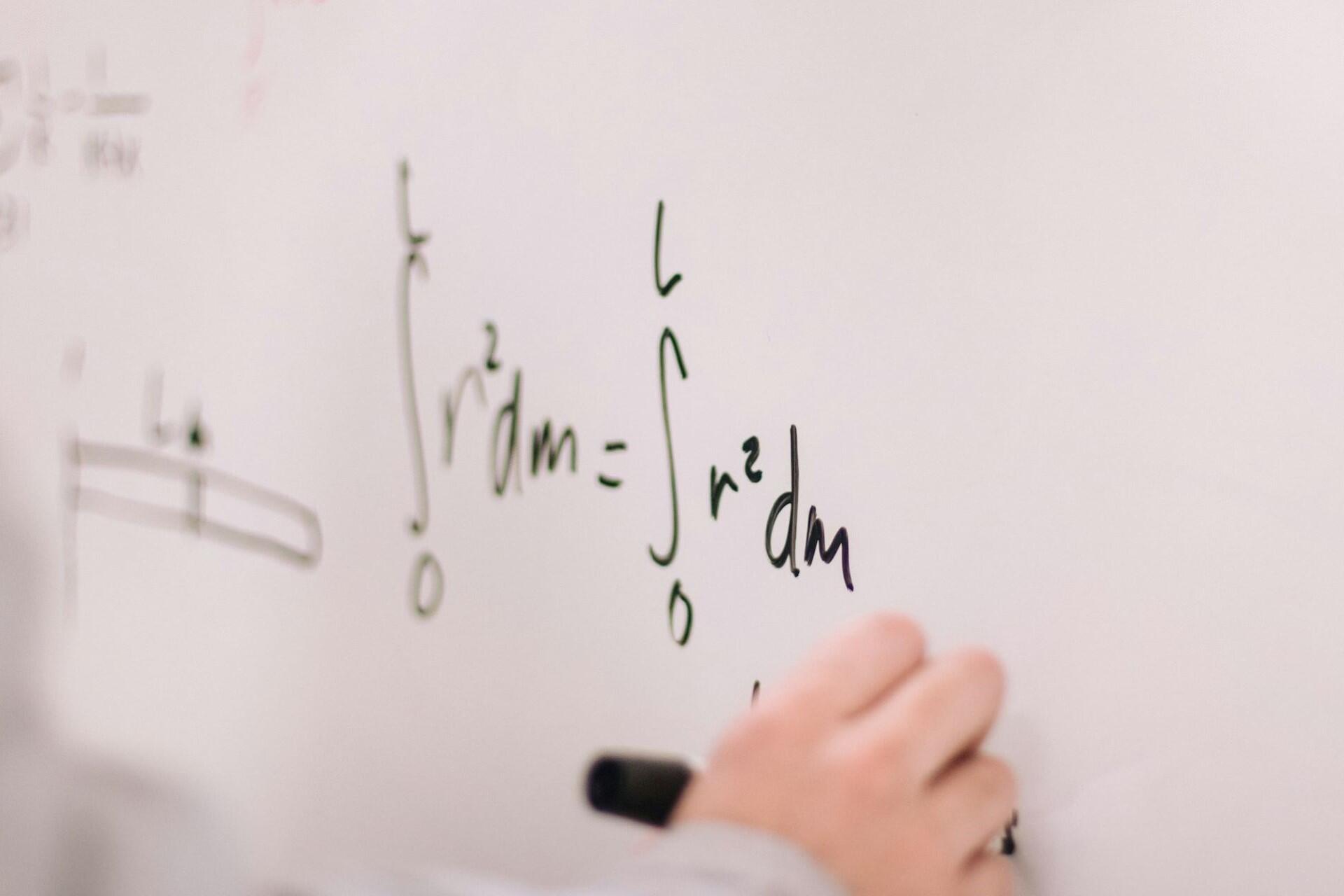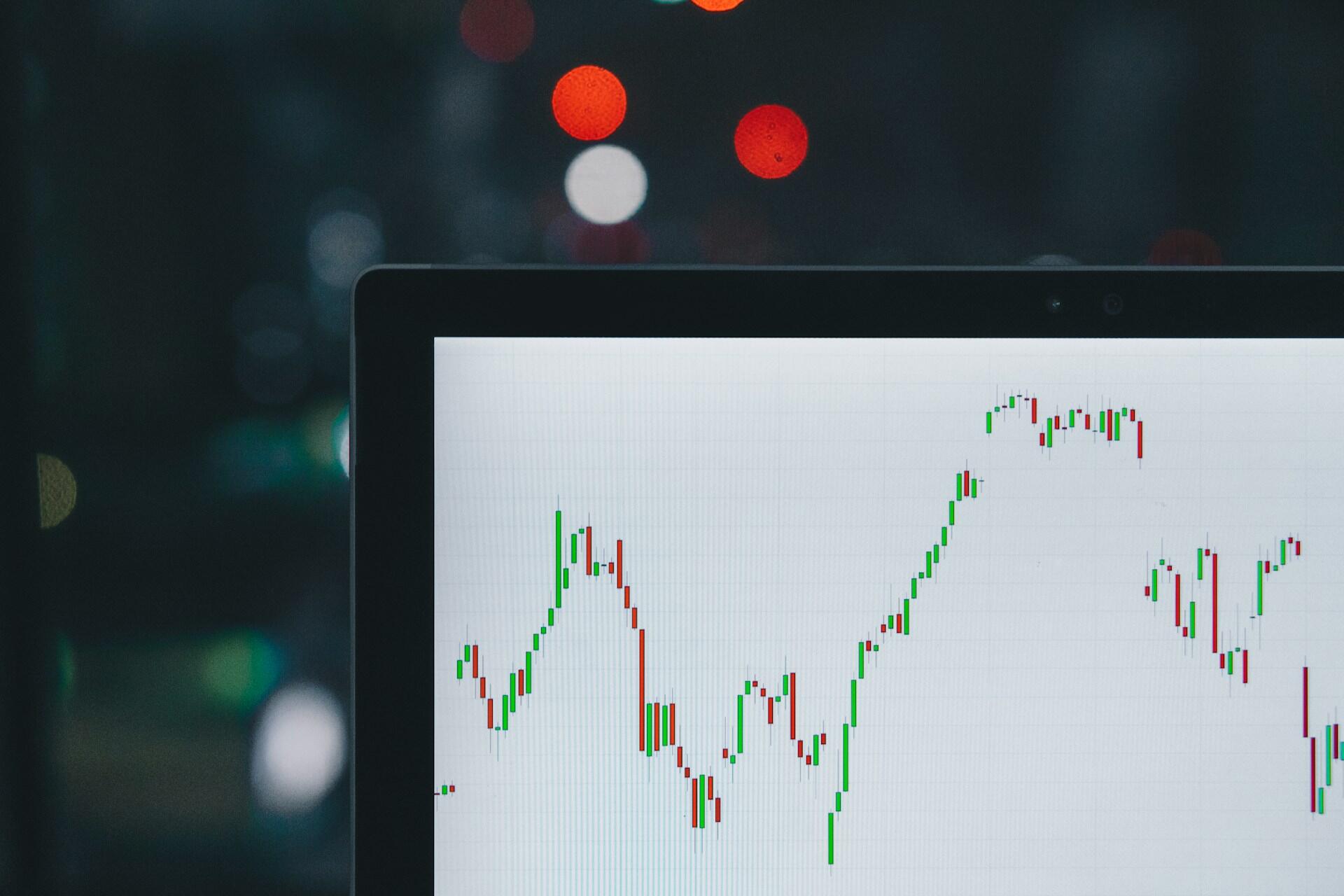Mathematics brought rigor to economics. Unfortunately it also brought mortis.
Kenneth Boulding, American economist and educator
Economics and mathematics are not just related; they are deeply interconnected. Most university programs require a strong foundation in mathematical principles. Certain areas of economics will focus more on theory and policy, but fundamental math skills are needed to analyze data, forecast trends, and understand economic models. Let's delve into this fascinating relationship and see just how important math is in studying economics.

What Math Do You Need for Economics?
Mathematics is key to university-level economics courses. Economics students must develop strong math skills like algebra, calculus, and statistics. Here are just a few of the areas of mathematics you can expect to study.

Algebra
Algebra is used to solve economic equations, analyze functions, and understand economic and mathematical models, such as supply and demand. In economic models, students can also use algebra to calculate total cost, revenue, and equilibrium points.
Real-World Application
- In business economics, algebra helps determine the relationship between price and consumer demand.
- Economists use algebra to calculate profit maximization and cost minimization for firms.
Used for solving economic equations and supply-demand models.
Calculus
You'll need an understanding of calculus to analyze economic growth models, profit maximization functions, and marginal analysis. College and university courses often require introductory calculus, with graduate-level econometrics requiring advanced calculus.
Real-World Application
- In macroeconomics, calculus is used to determine national income changes when fiscal policies shift.
- In microeconomics, businesses use calculus to find the optimal price point for products.
Helps with optimization problems, economic functions, and marginal analysis.
Statistics
Statistics are an integral part of economics. Students use statistics to interpret data, forecast trends, and apply probability models. University-level economics programs include statistical analysis and regression models to measure economic activity.
Real-World Application
- In government policy, statistics help predict unemployment rates and inflation trends.
- In finance, investors use statistics to measure market volatility and risk assessment.
Essential for economic data analysis, probability, and forecasting.
Linear Algebra
Linear algebra is essential in economic modeling, matrix equations, and business applications. It is also used extensively in economic forecasting and optimization problems.
Real-World Application
- Used in game theory, which helps predict strategic decision-making in markets.
- Helps central banks in optimizing interest rates to control inflation.
Used in economic modeling, matrices, and business applications.
Econometrics
Econometrics is the combination of mathematical models and economic theory. It can analyze real-world data through statistical modeling, hypothesis testing, and regression analysis.
Real-World Application
- Used to predict housing market crashes and GDP growth.
- Helps companies forecast consumer behavior based on past spending patterns.
A statistical approach to analyzing economic models and trends.
Why Mathematics Is Essential in Economics?
Students, particularly those who don't like math, will question how essential mathematics is in economics. Unfortunately for them, mathematics is one of the most essential tools in economics.
Whether you're studying at undergraduate, graduate, or professional level, mathematics concepts, as you've seen, are regularly used in understanding and analyzing economics trends, decision-making, and forecast models.
Math is required to measure and interpret complex economic data, predict inflation, set interest rates, and quantify economic behavior, creating policies to drive economic growth.
How Different Fields of Economics Use Math
Within economics, the math used will depend on the discipline of economics, with specific math methods and techniques more common in some than others.
How Microeconomics Uses Math
Microeconomics often uses algebra, calculus, and game theory. This is particularly useful in setting prices, forecasting demand, and strategic decision-making.
- Companies can use calculus to determine optimal prices for products by analyzing marginal cost and revenue.
- Algebraic equations can predict how price changes affect supply and demand curves.
- Businesses use game theory and probability to anticipate their rivals' strategies.
How Macroeconomics Uses Math
In macroeconomics, statistics, econometrics, and differential equations are often used. These are useful for growth and inflation, monetary policy and interest rates, and international trade modeling.

- Goverments can use statistical models for tracking economic performance.
- Central banks apply differential equations to forecast inflation trends, adjusting interest rates accordingly.
- With linear algebra, global economies can be analyzed and the effects of trade policies better understood.
Bachelor of Arts or a Bachelors of Science
You may have seen the abbreviations of BA or BS, but do you know what it means?
BA stands for Bachelor of Arts. This type of economics degree provides students with a more rounded education. Typically, a BA requires fewer class credits to be linked to the major, and instead, students are expected to earn credits in multiple liberal arts subjects.
This kind of education allows students to interconnect humanities, languages, and social sciences as part of their degree.
The economics classes you will take will always contain some math at an undergraduate level, but it differs if you are obtaining a Bachelor of Science (BS) or a Bachelor of Arts (BA). A BS usually requires more mathematics than a BS. Several universities across the US offer programs for people searching for a BS or BS in economics.
A Bachelor of Arts (BA) in Economics focuses on theory, policy, and history and tends to include fewer high-level math classes. Students working towards this economics degree will likely take introductory calculus but avoid higher-level math coursework.

A Bachelor of Science in Economics, however, is far more math-intensive. Students must study advanced calculus, statistics, and econometrics to understand the mathematical models used in economic forecasting and decision-making.
A Bachelor of Science in economics will highlight the quantitative portions of economic theories. Apart from the core courses that might be the same for a BA, a BS degree will also require more advanced math and science levels.
This allows students to learn how economic patterns can be portrayed in mathematical patterns and statistics. A BS will not require students to take courses in the liberal arts but instead, focus on the science portion of this very intriguing social science.
A BA will be the best option for students who want to focus less on the mathematical aspects of economics and more on the individual decisions that affect the economy.
Focuses on economic theory, policy, and history with basic calculus and statistics. Less emphasis on mathematical modeling.
Requires advanced mathematics, including calculus, linear algebra, statistics, and econometrics. Strong focus on quantitative analysis and data-driven models.
Regardless of your choice, you can learn about the in-depth workings of a society's economy.
A BA and a BS in Economics are highly sought after as the demand for jobs requiring an economics background is rising.
Why Take Extra Math Classes?
Just because you weren't the best in math during high school, it doesn't mean you can't improve your skills while in college.
Your difficulties with math should not keep you from pursuing a degree in economics. Yes, economics requires math, but it's not as much as you might think, and it's not out of your reach.

If you are looking for a job as a professional economist, you will need to have a strong foundation in mathematics and its relationship to economics.
Graduate schools look for students who have taken multiple math courses.
Here are a couple of reasons why mathematics is so important to the study of economics:
- Economists have to have a strong foundation of basic econometrics and economic theory. Both of these topics rely on heavy explanations of mathematics as proof and background for economic theories.
- If you work as a policy economist, a lot of academic literature will come your way. This literature is riddled with complex math and equations. You need to understand the mathematics of the theories and policies explained to decipher the best options for the economic policies you hope to promote.
- If you are looking to work as a professor or tutor in economics, you will need to understand the foundations of economic theories to explain it all to your students. Knowing the inner workings of the math portion of theories can help you better explain certain phenomena to your students.
Since taking math classes is essential to understanding the topics you will learn through your economics degree, you must focus on sharpening your math skills as early as possible.
Universities are equipped with the tools necessary for you to succeed in all of your courses, even the math ones. If you require additional help, don't be afraid to ask your professors or look for math clinics on campus.
If you need an extra push, you may seek private math tutoring. At Superprof, tutors are ready to help you excel in the math foundation you need to secure your economics degree.
Economic principles require mathematics by nature, but majoring in economics does not mean you have to know every mathematical theory; you will only need a basic understanding. If you choose to extend your degree to a graduate or doctorate degree, more complicated math will follow, but you will be okay for now.
Summarize with AI:
















Your write ups are very detailed, easy to understand and very informative!
It is so easy to take decisions based on information shared on this site. Thank you so much. I am optimistic that the tutoring scheme will also be beneficial when the need for it arises in the future.